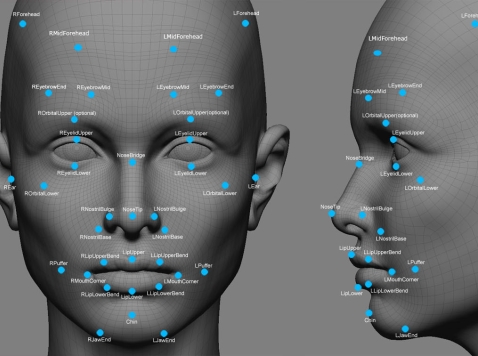
The National Shoplifting Prevention Organization (NSPO), a nonprofit organization of major Japanese retail businesses, is considering developing a biometric database to share facial recognition data in order to combat shoplifting across Japan, according to a report by The Japan News.
The NSPO said it would consider allowing retail stores to share the facial data with other stores in the same industry or other establishments in the region.
The organization proposes to set up a shared biometric database, and store managers can enter the facial data of shoplifting suspects into said database to continually monitor the suspects as he or she visits other stores.
Many retail stores have been using biometric technology in the past five years, however, the majority establishments that use facial recognition do so without publicly notifying any of their customers.
The NSPO claims that ?sharing is allowed? based on the provision that an exception is allowed in ?cases when it is necessary to protect assets.? Financial institutions currently use this provision as a basis to share facial images of individuals illegally withdrawing money from ATMs.
The organization?s plan to implement facial recognition technology in retail stores has led to considerable privacy concerns among academics and legal experts.
?We have to compare the target we want to achieve with the violation of rights required to achieve it,? said Chuo University Associate Prof. Hiroshi Miyashita, who is an expert on privacy issues. ?This method of preventing shoplifting is too much of a privacy risk.?
Lawyer Yoichiro Itakura emphasizes the possibility that an individual could be falsely recognized. He argues that the technology can only produce a recognition rate of up to 99.7 percent if the image is taken head on, but lowers significantly if the person looks down or to the side.
?If someone is mistakenly labeled a shoplifter, that person might face discrimination wherever he goes without knowing why,? Itakura said.
The NSPO said it will continue to consider rules for footage retention periods and methods of notifying customers about installing the facial recognition technology.
?The problem is that the rules aren?t clear, so we hope this initiative will lead to discussions on this matter,? said the NSPO.
Meanwhile, Tokyo Metropolitan University Prof. Shuichiro Hoshi, who is an expert on security camera issues, said that Japan has no explicit rules regarding the installation of security cameras or how they use such footage.
Instead, some local governments have individually set their own rules regarding security cameras and the use of surveillance footage.
Source: biometricupdate.com
